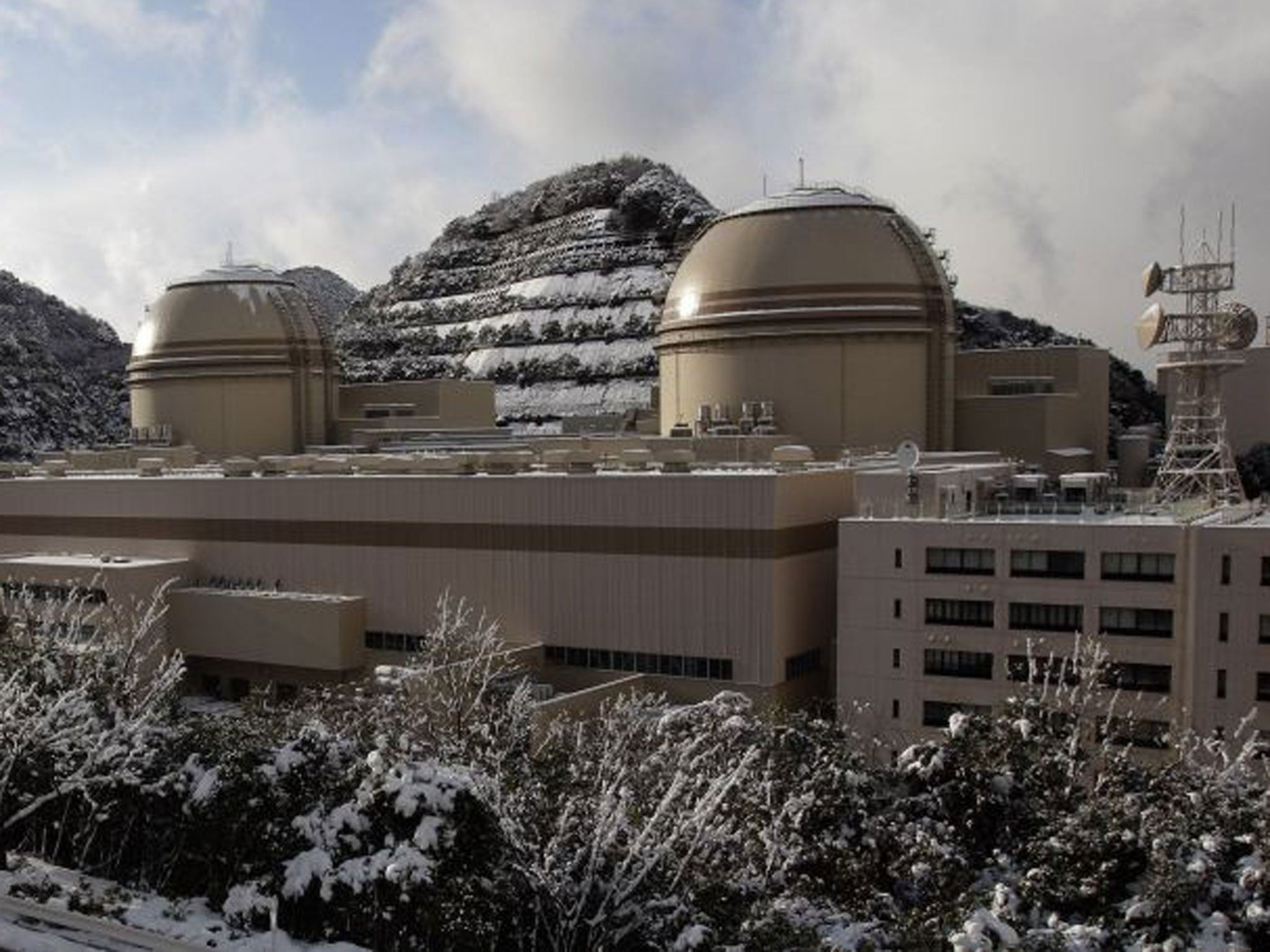Japan's nuclear power network shuts down, with no timetable for a restart
The country's only operating nuclear reactor will be closed until December at the earliest, as stringent safety checks see 50 other reactors sitting idle

Japan's only operating nuclear reactor is set to go offline tomorrow for refueling and maintenance, with no definite timetable for a restart.
The country's network of nuclear plants - which used to provide up to 30 per cent of the national grid's power - has been closed for intensive safety checks since the 2011 meltdowns at the Fukushima plant triggered by a tsunami in 2011.
Reactor 4 at Ohi in western Japan is scheduled to stop generating electricity in the early hours of tomorrow morning. It is believed that it will remain offline until December at the earliest, leaving Japan with no nuclear electricity for the longest period since the 1960s.
Public opinion has turned against nuclear power since the Fukushima catastrophe, the largest nuclear disaster since a fire at the Chernobyl plant in Ukraine in 1986, and the government have found themselves under increasing pressure to tighten safety standards.
However, as radiation continues to escape from the stricken plant on Japan's northeast coast, the Japanese government has stated its commitment to restarting many of the 50 idle reactors. This is despite the previous administration saying they would phase out nuclear power completely.
So far, power companies have made applications to restart about a dozen reactors. Prime Minister Shinzo Abe, who took office in December, says nuclear power remains essential, even with a surge in generation capacity from solar, wind and other renewable sources, and that the mounting costs from importing gas and oil are unsustainable.
In the absence of nuclear power, industries have worked hard to avoid disruptions by using backup generators and shifting to new sources, such as solar power. To date, Japan has avoided energy rationing and blackouts. However, households in Tokyo have seen their energy bills rise by as much as 30 per cent since the Fukushima meltdown.
Join our commenting forum
Join thought-provoking conversations, follow other Independent readers and see their replies
Comments
Bookmark popover
Removed from bookmarks